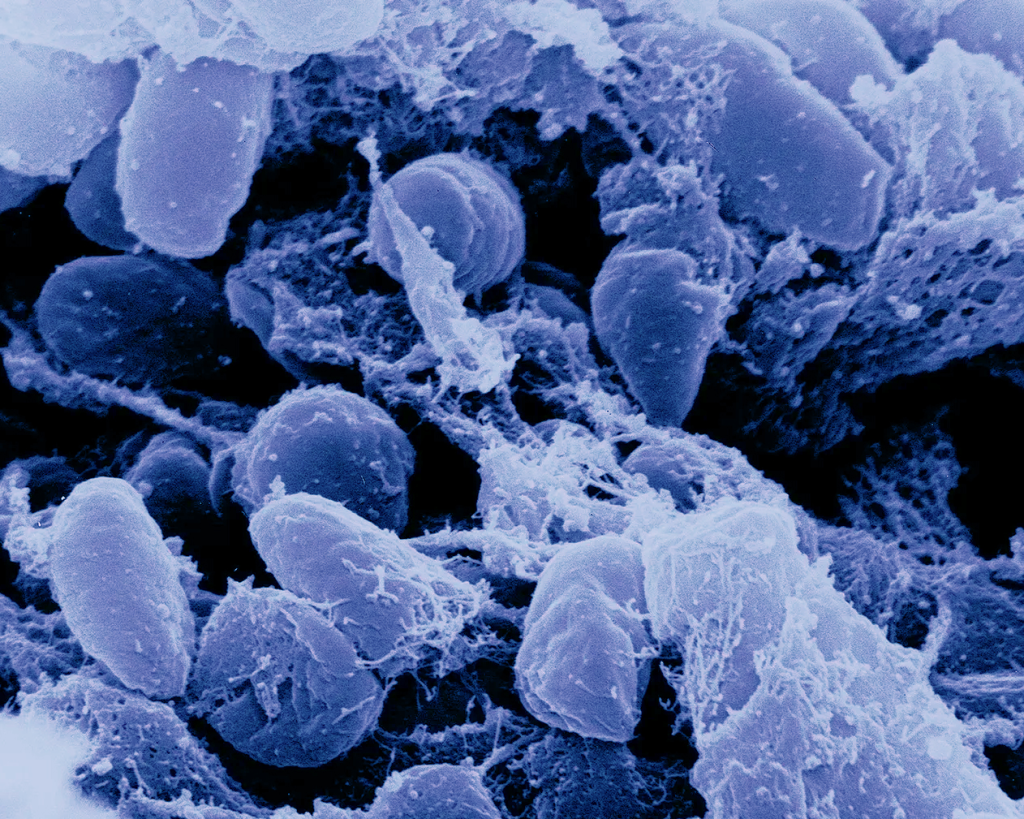Time:
According to U.S. News, Health officials in Pueblo County have confirmed a human case of bubonic plague! The bacterial pathogen of the plague, Yersinia pestis, makes its home in the foregut of fleas and is then transmitted to animals or humans via fleas. People can contract pneumonic plague as a result and spread it through coughing. Symptoms may include fever, chills, headache, nausea and painful swollen lymph nodes!
Don't worry though, plague can be treated with antibiotics. But it's also important to take care of it promptly to avoid more serious symptoms. There are precautions people can take, as recommended by local public health officials:
- Eliminate areas where rodents may be hiding in the home, including clearing brush and rock piles
- Avoid contact with dead animals
- Use insect repellents containing 20-30 percent insecticide to prevent flea bites
- Don't let pets sleep in the bed with you
- Treat dogs and cats regularly for fleas
- Do not allow pets to roam in areas known to have rodents, such as groundhog colonies
- Store pet food in rodent-proof containers
LI-YING reminds that dead animals can be disposed of promptly by utilizing biohazardous waste disposal facilities. As the weather heats up, rodents are on the prowl. It's important to take precautions.


What is the Polluter Pays…

Forests and wetlands are …

Of course! LI-YING has ex…
PDF Request